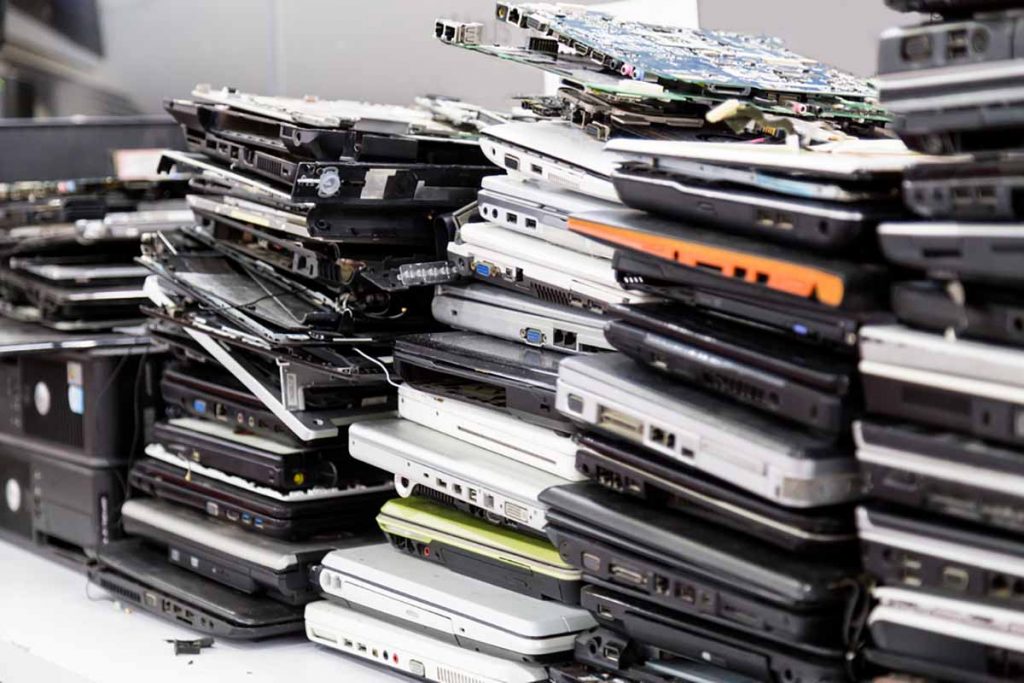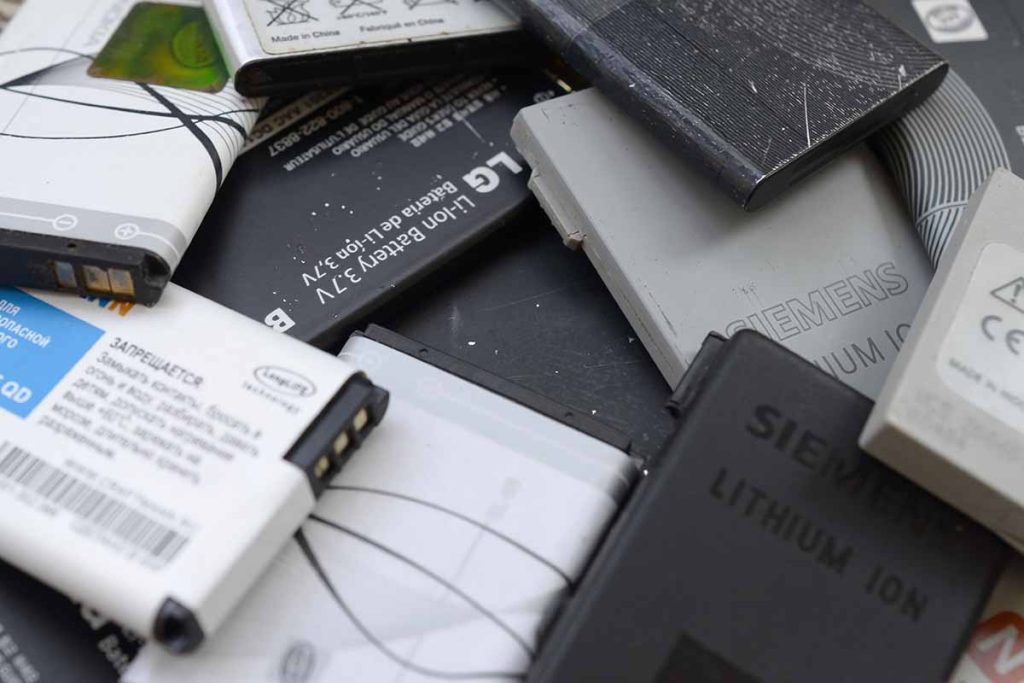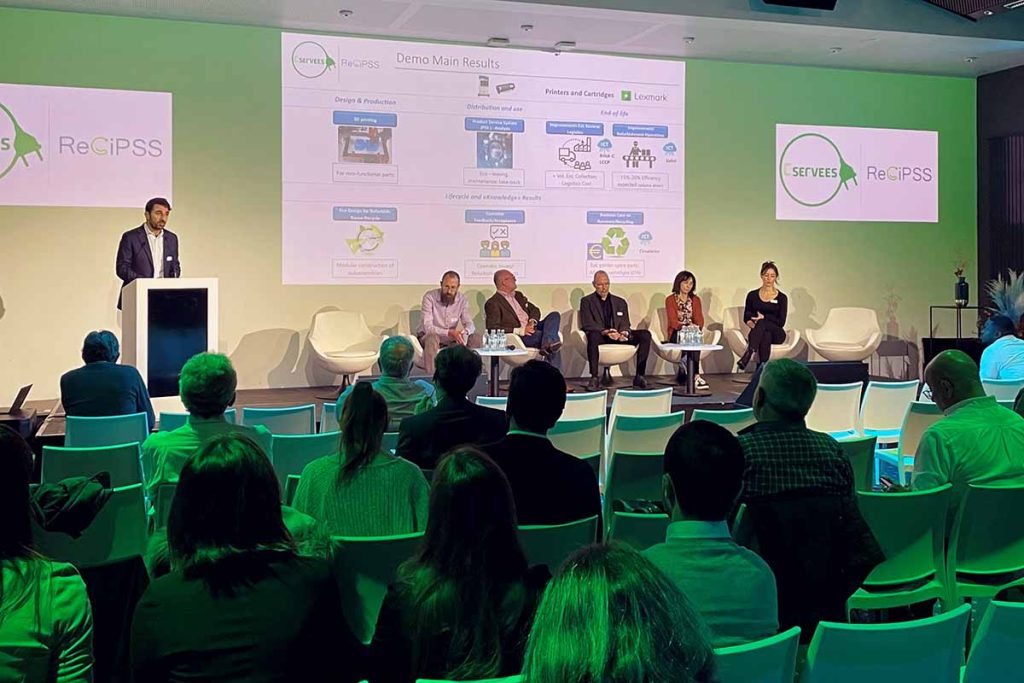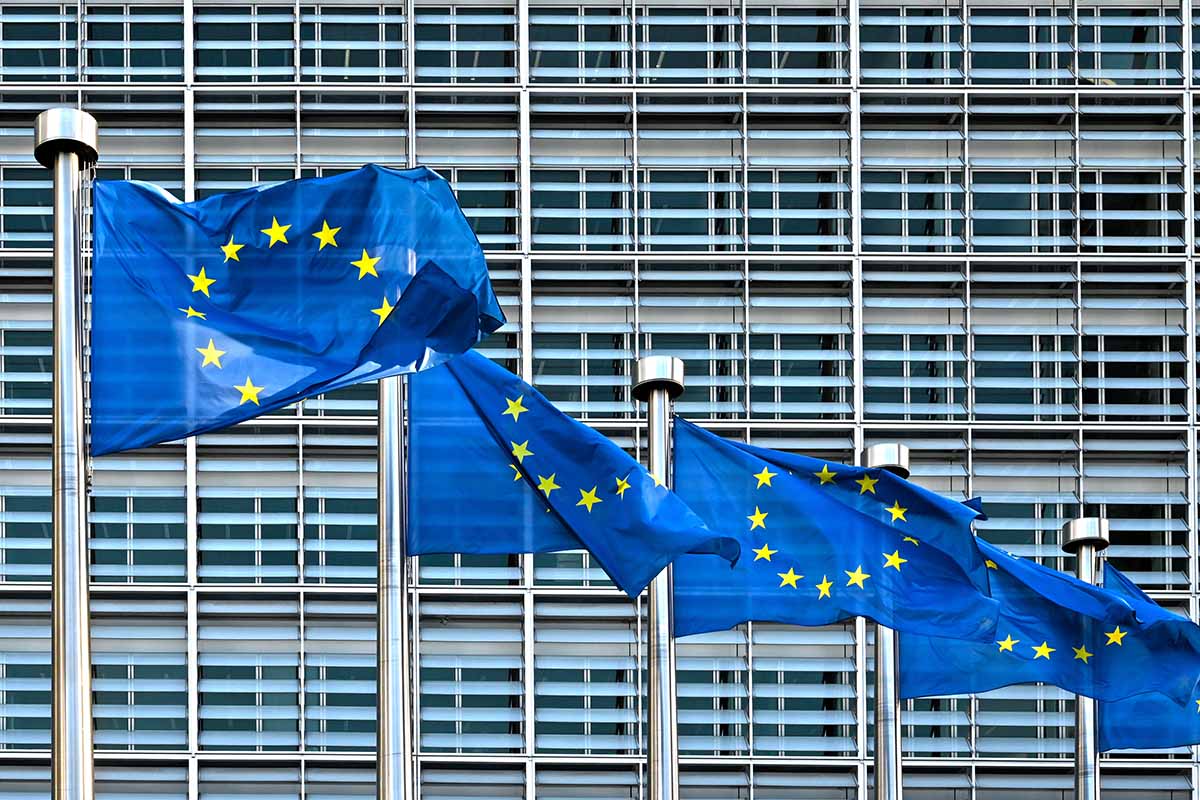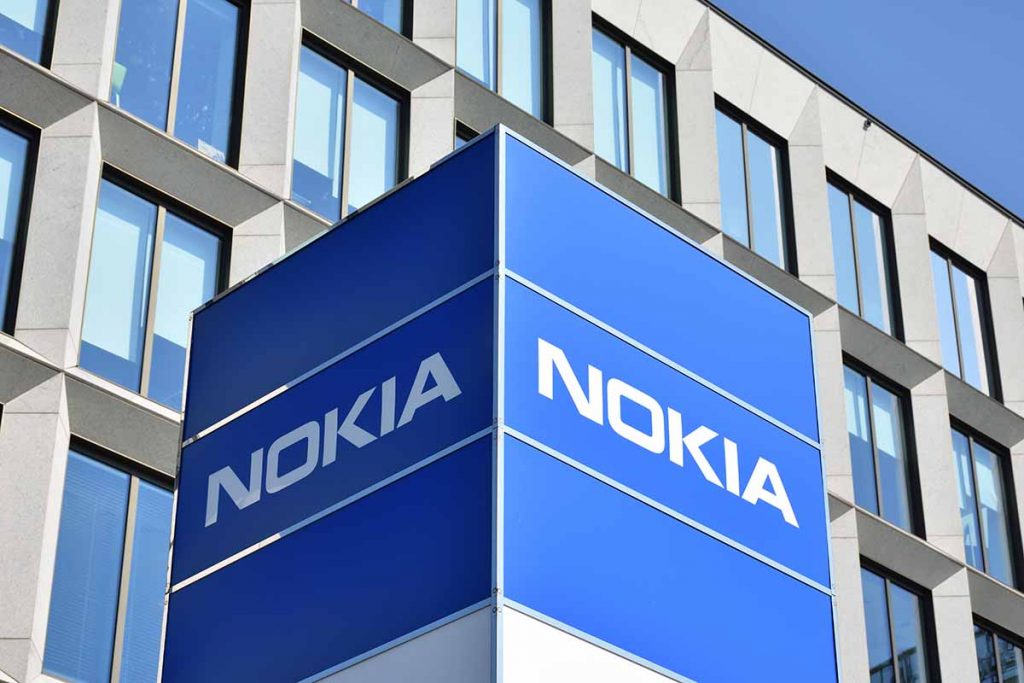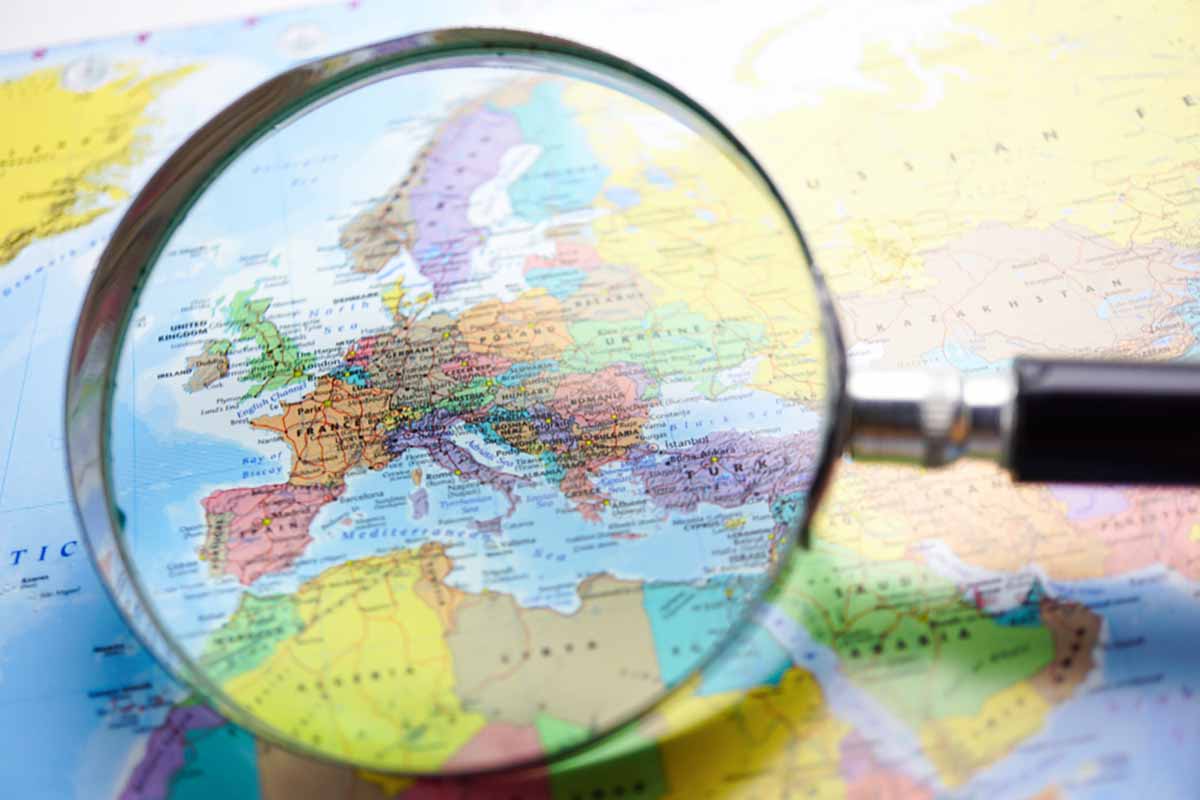
The European Commission’s ideas for making repair more affordable face opposition from some E.U. member states but enjoy support from activist groups.| Sasirin Pamai/Shutterstock
Europeans may soon have a more consistent right to repair electronics after the European Commission proposed a template for rules promoting the repair of goods. Continue Reading


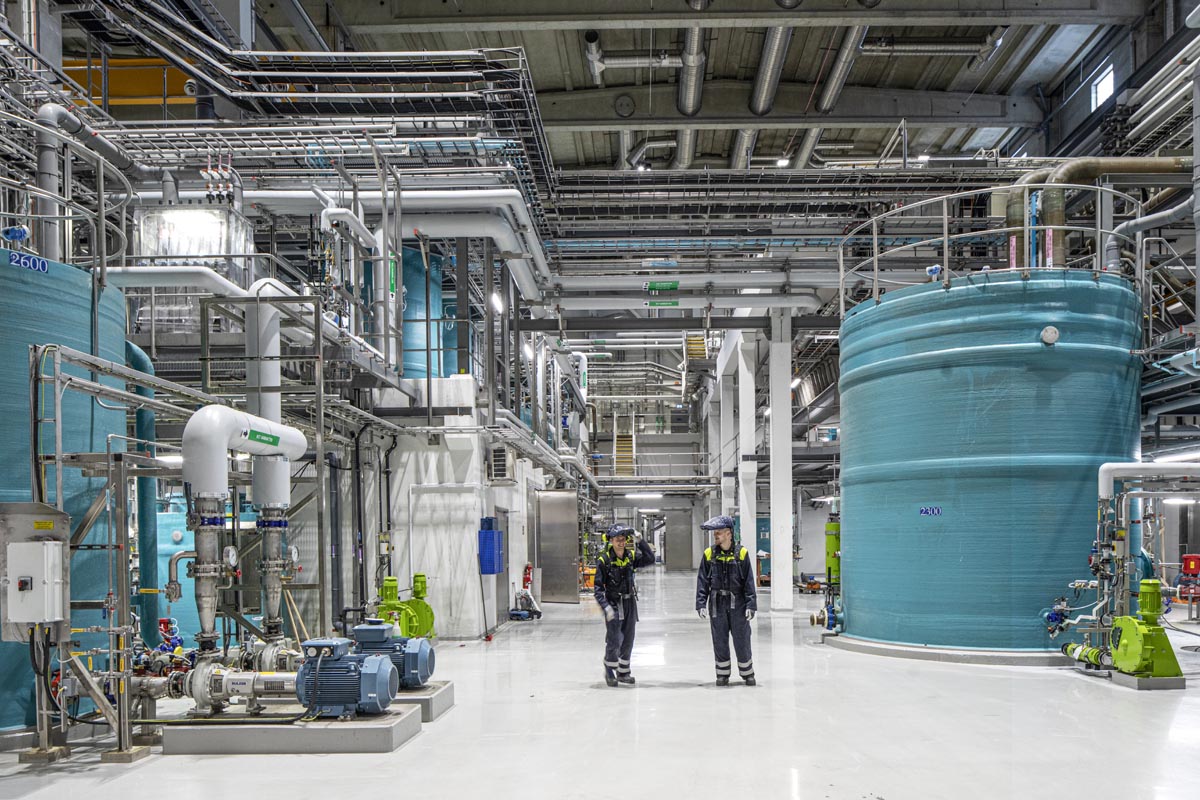

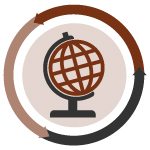 A U.K. telecom works to provide needy people with used phones, and Indian authorities intercept thousands of illegally imported used copy machines.
A U.K. telecom works to provide needy people with used phones, and Indian authorities intercept thousands of illegally imported used copy machines.